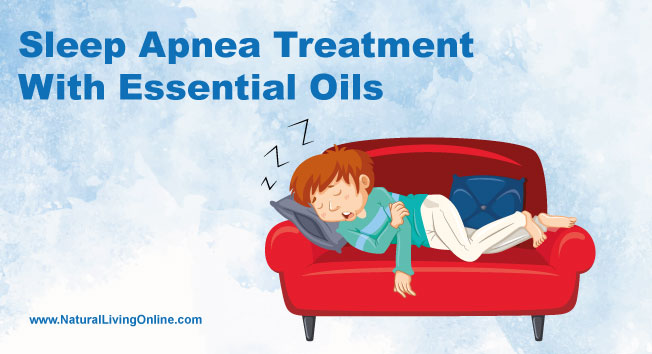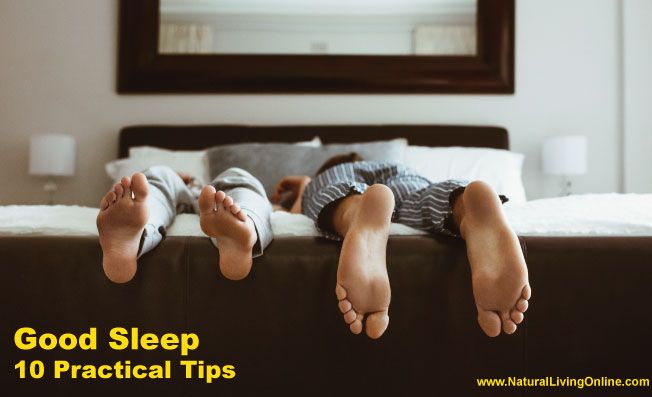Sleep apnea is a serious sleep disorder where your breathing repeatedly stops and starts. If you have sleep apnea, you may snore loudly and feel tired even after a full night’s sleep.
There are two types of sleep apnea
Obstructive sleep apnea (OSA): This is the more common type of sleep apnea and happens when your throat muscles intermittently relax and block your airway during sleep.
Central sleep apnea (CSA): This type of sleep apnea occurs when your brain doesn’t send proper signals to the muscles that control your breathing.
Causes
Obstructive sleep apnea is usually caused by a combination of fat deposition around the airway, enlarged tonsils or adenoids, and a narrow airway.
Central sleep apnea has many potential causes, including heart failure, stroke, Parkinson’s disease, and Alzheimer’s disease.
Risk factors
There are several risk factors for sleep apnea, including:
-Being male
-Being overweight or obese
-Having a large neck circumference
-Having large tonsils, a small jaw, or a narrow throat
-Smoking
-Drinking alcohol
-Use of sedatives or tranquilizers
Symptoms
The most common symptom of sleep apnea is loud snoring. However, not everyone who snores has sleep apnea. Other symptoms of sleep apnea include:
-Waking up gasping for air
-Choking or coughing during sleep
-Morning headaches
-Memory problems
-Irritability
-Difficulty concentrating
-Decreased interest in sex
If you have any of these symptoms, talk to your doctor. You may need a sleep study to diagnose sleep apnea.
Treatment:
The following lifestyle changes may help reduce sleep apnea.
Lose weight. This is the most effective way to reduce sleep apnea.
Avoid alcohol and sedatives. These substances relax your throat muscles and can make sleep apnea worse.
Side sleeping. Sleeping on your side instead of your back can help reduce sleep apnea.
Use of a nasal spray or mouthpiece. These devices can help keep your airway open.
Surgery. In some cases, surgery may be necessary to correct the underlying cause of sleep apnea.
If you have sleep apnea, talk to your doctor about the best treatment for you before deciding on your treatment options, because sometimes sleep apnea is just symptom of bigger issue which needs to be addressed.
Using Essential Oils to treat sleep apnea
Essential oils can be used to help relieve symptoms of sleep apnea and improve your quality of sleep. Essential oils can be more effective in case of Central Sleep Apnea (CSA).
Essential oils are liquids that are extracted from plants and contain their natural fragrance. Research shows that using essential oils can help to improve sleep quality, reduce stress, and promote relaxation, which indirectly help reduce the sleep apnea affects and symptoms.
There is some scientific evidence to support the use of essential oils for sleep. For example, one study found that lavender oil may help to improve sleep quality in people with insomnia. (1)
Another study found that chamomile oil may help to reduce anxiety and improve sleep quality in people with generalized anxiety disorder. [2]
While there is some promising research on the use of essential oils for sleep, more studies are needed to confirm these results.
If you’re interested in using essential oils for sleep apnea, there are a few things to keep in mind.
First, it’s important to choose high-quality essential oils. Look for oils that are 100% pure and therapeutic grade. Avoid cheaper options that may be diluted with synthetic ingredients.
Second, it’s important to use essential oils safely. Never apply essential oils directly to your skin. Instead, add a few drops to a diffuser or humidifier.
Third, it’s important to start with a low dose of essential oil and increase gradually as needed. Some people may find that a single drop of essential oil is enough to promote sleep, while others may need 2-3 drops.
Finally, be patient when using essential oils for sleep apnea. It may take a few weeks or longer to see results.
Some essential oils that can help treat sleep apnea include
Lavender oil: This oil is known for its calming and relaxation properties. It can help relax the muscles in your throat and reduce snoring.
Chamomile oil: Chamomile oil is thought to be a natural remedy for sleep apnea because of its calming and relaxation properties. Chamomile oil may help to reduce anxiety and improve sleep quality in people with generalized anxiety disorder.
Eucalyptus oil: This oil has anti-inflammatory and decongestant properties. It can help reduce inflammation in the airway and make breathing easier.
Peppermint oil: This oil has refreshing and cooling properties. It can help open up the airway and improve airflow.
How To use essential oils for sleep apnea
-Add a few drops of essential oil to your pillowcase.
-Diffuse essential oil in your bedroom.
You can also add a few drops of oil to a cotton ball and place it near your pillow. Just be sure to keep the cotton ball away from your face to avoid inhaling the oil.
If you suffer from Sleep Apnea make sure to talk to your doctor and explore the ways to treat it including the use of essential oils.
Other Natural Treatments
Herbal teas like chamomile, lemon balm or valerian root can also help to promote sleep. The soothing effects of the tea combined with the warmth of the cup can be very calming and help to reduce stress levels so that you can drift off to sleep more easily.
Commonly Asked Questions:
Can Sleep Apnea cause brain damage?
Sleep apnea is a serious sleep disorder that occurs when a person’s breathing is interrupted during sleep. This interruption can cause oxygen levels to drop, which can lead to brain damage. In severe cases, sleep apnea can be fatal. If you think you may have sleep apnea, it’s important to see a doctor for a diagnosis and treatment.
What are the long term effects of sleep apnea?
Sleep apnea is a serious sleep disorder that can have many consequences if left untreated. Some of the potential long-term effects of sleep apnea include high blood pressure, heart disease, stroke, and car accidents. If you think you may have sleep apnea, it’s important to see a doctor for a diagnosis and treatment.
Can sleep apnea be cured?
There is no cure for sleep apnea, but it can be treated. Some treatments for sleep apnea include lifestyle changes, such as losing weight and sleeping on your side. Other treatments include mouthpieces, breathing devices, and surgery. If you think you may have sleep apnea, it’s important to see a doctor for a diagnosis and treatment.
This website does not provide medical advice.
All information provided on this website, and on associated social media networks, including but not limited to texts, images, and numbers are for general information purpose only. It is not intended as medical advice and it does not include all possible precautions, side effects, or interactions that may occur. Neither NaturalLivingOnline.com nor its author/founder take responsibility for how you use this information. Statements contained on NaturalLivingOnline.com have not been evaluated by the FDA. You should conduct thorough research via multiple sources and consult your physician or qualified doctor before using any essential oil or herbal remedy. Information on NaturalLivingOnline.com must not be relied upon for medical, legal, financial or other decisions.










